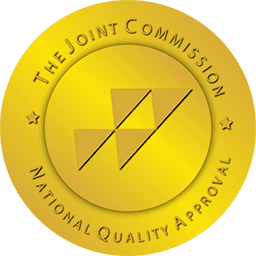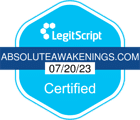Anyone suffering from the symptoms of anxiety may be eligible to undergo a social anxiety disorder test. Speak to your medical or mental health provider or contact Absolute Awakenings to learn more about this process.
What is Social Anxiety?
We all get shy from time to time, and it’s perfectly normal to get anxious in certain social situations: going to a new school, getting a new job, and meeting new people can sometimes be daunting. For those experiencing social anxiety, however, engaging in these kinds of social situations (or the thought of doing so) can quickly become an overwhelming proposition that goes far beyond the typical fears that we all experience in our daily lives.[1]
Social anxiety is more than just a passing feeling of nervousness before speaking in public or meeting new people—it’s a chronic mental health condition characterized by intense fear and avoidance of one or more social situations, significantly impacting daily life.[2] Those who experience social anxiety tend to worry excessively about embarrassing themselves or about being evaluated in a negative light, all of which can manifest symptoms such as racing thoughts, shallow breathing, palpitations, sweating, and trembling.
How is Social Anxiety Disorder Diagnosed?


According to the Diagnostic and Statistical Manual of Mental Disorders (DSM), a person can be diagnosed with social anxiety disorder if they meet the following criteria:[3]
- You are experiencing marked fear or anxiety about one or more social situations where you’re exposed to potential scrutiny by others.
- Example: Meeting new people, having to speak in front of the class
- You fear that you will display anxiety that will be negatively evaluated by others
- Example: Being laughed at for acting nervous when making a presentation
- These social situations almost always provoke fear or anxiety.
- These social situations are either avoided altogether or endured with intense fear or anxiety.
- The fear or anxiety is out of proportion to the actual threat posed by the social situation itself.
- The fear, anxiety, or avoidance is persistent, usually lasting for six months or more.
- The fear, anxiety, or avoidance causes significant distress in several areas of functioning (such as at school or at work).
- The fear, anxiety, or avoidance isn’t due to the presence of other substances (like drugs or alcohol) or from another medical condition.
- The fear, anxiety, or avoidance isn’t better explained by another mental health condition (such as depression).
- If another medical condition is present, the fear, anxiety, or avoidance is either unrelated or excessive to the context of the condition.
It’s important to note that the above criteria serve as guidelines for clinicians during a comprehensive assessment and should be viewed in context alongside other diagnostic considerations.
Who Can Benefit from Taking a Social Anxiety Disorder Test?
Getting tested for social anxiety disorder can hold a benefit for lots of different people:
Individuals Having A Hard Time
Anyone who finds themselves consistently distressed in social situations might benefit from taking a social anxiety test. If your social interactions (or the thought of them) lead to overwhelming fear, avoidance, or physical symptoms like palpitations or trembling, it’s definitely worth considering an assessment.
Students and Professionals
Social anxiety can hinder academic performance and professional success, particularly in situations that involve making presentations, attending meetings, or working as a team. Students and professionals who experience significant distress or impairment in daily life due to social anxiety may benefit from taking a validated screening tool, although a comprehensive evaluation by a qualified mental health professional is ultimately advised for diagnosis and treatment.
People Looking For Answers
Many might suspect they have social anxiety but are unsure if this is the case. Taking a social anxiety test can provide them with validation for their feelings and clarity as to what’s happening, along with guiding them toward professional help to overcome their fears.
Additionally, friends and family members of those struggling with potential social anxiety can encourage their loved ones to take a test for social anxiety disorder. However, it’s always important to note that such a topic should be broached gently and always without a sense of judgment for the person’s struggles.
What Types of Tests Are Available?
There are several kinds of tests that may be utilized to assess social anxiety. In today’s world, numerous online platforms offer social anxiety tests that provide instant feedback for you to consider. However, while these tests can be informative, they should never be considered a substitute for professional diagnosis and testing, and you should always speak to a qualified mental health professional if you’re concerned about social anxiety or would like to be tested for it.
- Self-Assessment Questionnaires: These are commonly used tools that individuals can take on their own to gauge the severity of their social anxiety symptoms. Questions are designed to assess feelings of anxiety in various social situations, such as parties, public speaking, or interacting with authority figures. The Liebowitz Social Anxiety Scale (LSAS) is a widely recognized example of such a questionnaire. Developed to measure the range and severity of social anxiety symptoms, the Liebowitz Social Anxiety Scale (LSAS) can offer an initial indication of whether it may be time to seek a more comprehensive evaluation from a qualified mental health professional.[4]
- Structured Interviews: Mental health professionals may conduct structured interviews to diagnose social anxiety disorder. These interviews delve into the individual’s thoughts, feelings, and behaviors in social situations. Clinicians use established criteria from the DSM and an interview process that takes several factors into account to make an accurate diagnosis.
- Psychological Assessments: Qualified mental health professionals, including psychologists and psychiatrists, may administer comprehensive psychological assessments, which could include standardized tests and behavioral observations, to understand the nature and extent of an individual’s social anxiety. These assessments can involve a range of tests, including cognitive assessments and behavioral observations, providing a more holistic view of your condition.
You Don’t Have to Suffer Alone
Social anxiety is definitely no fun—and it can also limit you from doing all the things you love. If you find yourself consumed with anxiety around social situations—or if you’re avoiding them altogether as a result—then the time might be right to seek professional help to support you.













